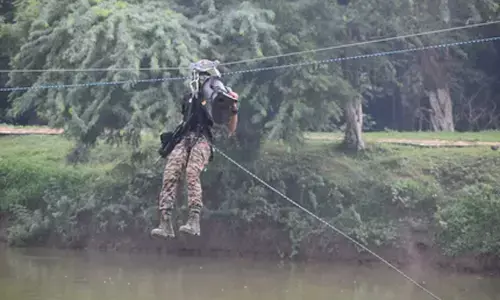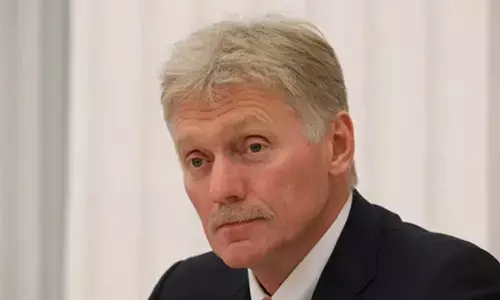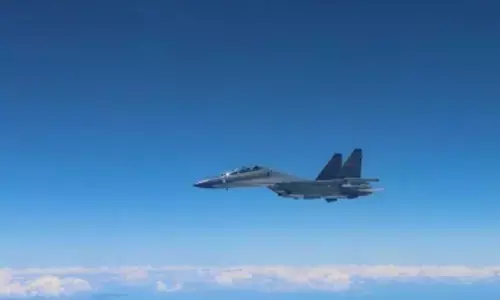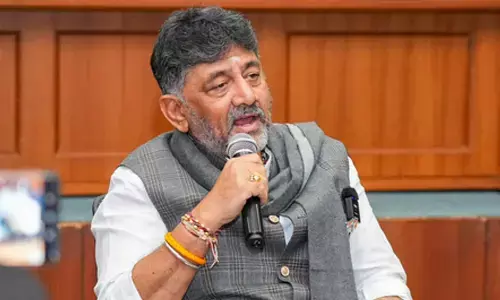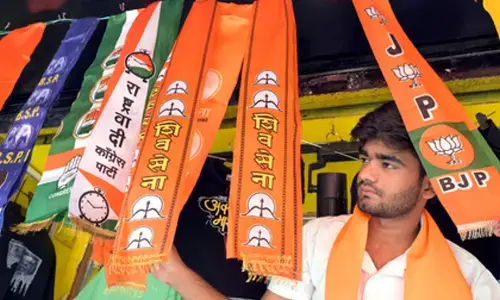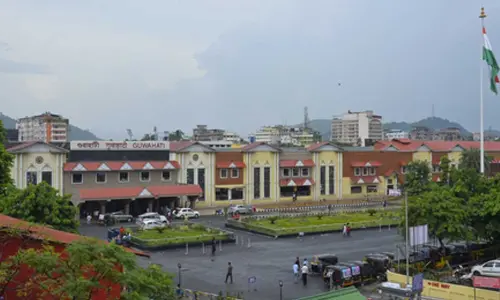India's future is in classrooms
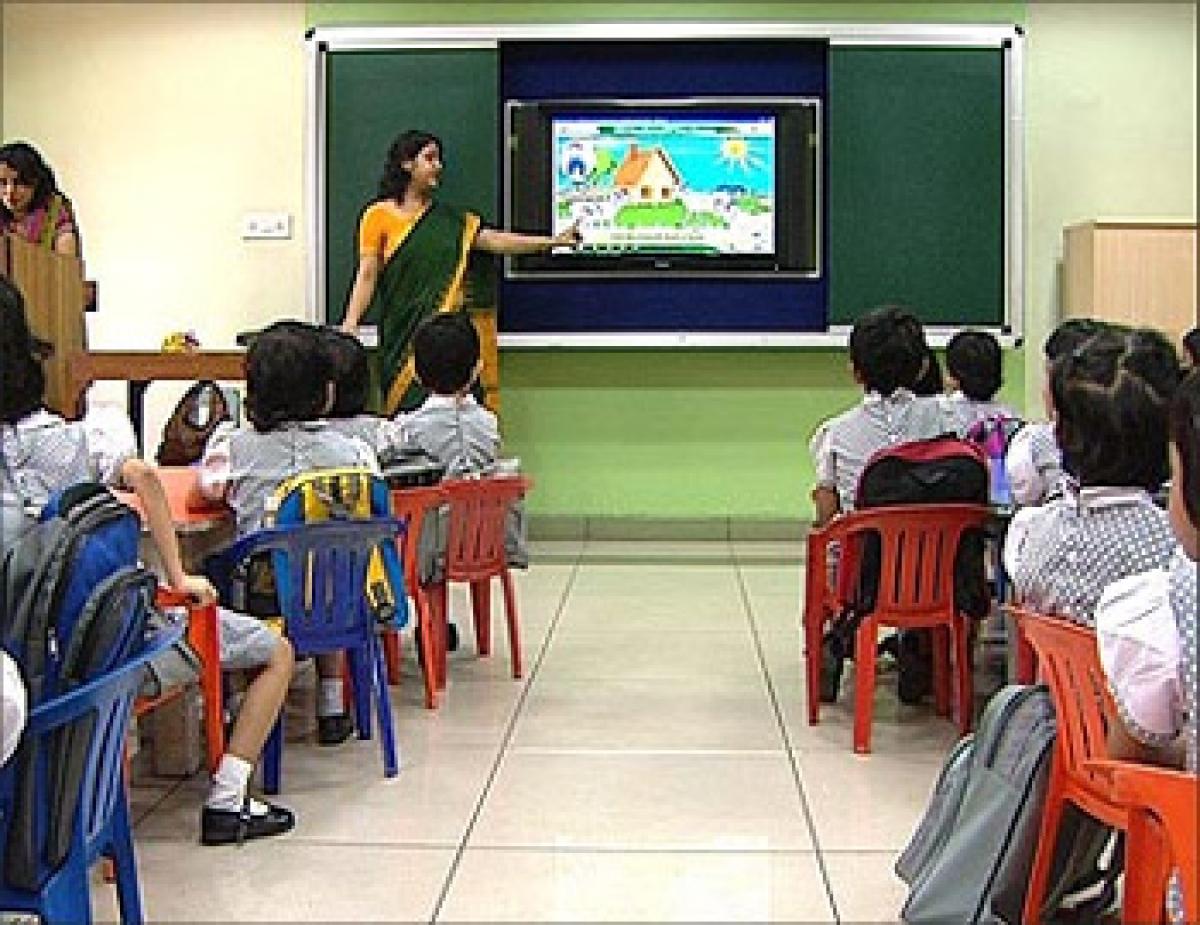
India's future is in classrooms. "Life is about making right things and going on..." said R K Narayan in Malgudi Days. Nothing else can be more right than getting right kind of education.
"Life is about making right things and going on..." said R K Narayan in Malgudi Days. Nothing else can be more right than getting right kind of education. Noted writer HG Wells in his 'The Outline of History' said the history of human civilization is the race between education and catastrophe. It is more so today than ever before. But, the perplexing question is what kind of education we are imparting to our children.
Swami Vivekananda said, "Education is not the amount of information that is put into your brain and runs riot there, undigested all your life. If education were identical with information, the libraries would be the greatest sages in the world and encyclopedias the Rishis. [Education] may be described as a development of faculty, not an accumulation of words."
Unfortunately, memory takes precedence over analytical, creative and interpretative skills. As a result, we are preparing a generation which is a repository of information. But, the modern nation needs children who can think, experiment, create, explore and express.
The classroom-confined, syllabi-specific and examination-oriented system of education that chases marks robs the pleasure of education from our children. Prof Yash Pal, a noted educationist and scientist, who studied the preschool education in India, in his report observed: "Education has become torture. Lot is taught. But, little is learnt."
Leisurely pursuit of knowledge at their own pace and in their own ways should be the essence of education. But, as Professor Yash Pal remarked, leisure has become a highly scarce commodity in the child's, especially the urban child's life. The child's innate nature and capacities have no opportunity to find expression in a daily routine which permits no time to play, to enjoy simple pleasures, and to explore the world.
R K Narayan, who created some of the most memorable stories about childhood, was perhaps the first to voice concern over the practice of carrying large bags to school. In his debut speech in Rajya Sabha, he said that his heart bled whenever he saw young boys and girls going to school, laden with books which they could hardly carry. This burden did not improve their minds; it only made them hunchbacks.
As the renowned astrophysicist Jayant V Narlikar said, challenges have stimulated efforts all the way to the highest strata of intellectual achievements. Challenges are under-utilized in our school teaching. Questions could be framed so as to make the student think and come up with original ideas. In fact, the approach could be two-sided, with the students also raising issues for the teacher to settle issues that may make the teacher also think afresh.
While it is pleasing to be told the answer to a question that has been bothering you, it is even more pleasing to discover it yourself. The scientific method suggested by Narlikar should guide the teaching, learning process in our schools. As Kothari Commission said, the destiny of India is being shaped in the classroom. Education with a difference can make a nation of a difference.








